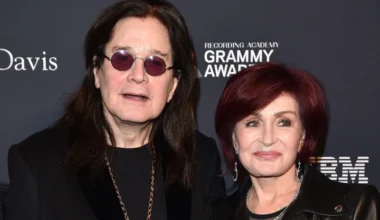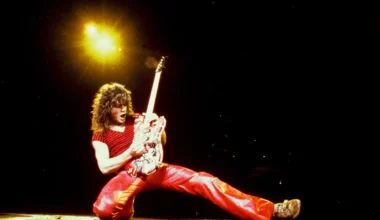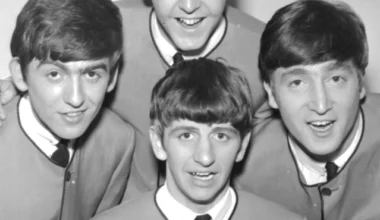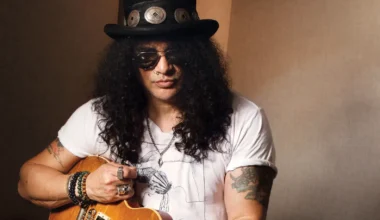Ritchie Blackmore is universally regarded as one of the most important rock guitarists ever. He has earned his place in history. Whether in Deep Purple, Rainbow, or as a solo artist, fans don’t have to look far to see evidence of the Stratocaster-wielding wizard’s uniqueness.
It reflects the former Deep Purple man’s significance that one of the most influential players to emerge in his wake, Smashing Pumpkins leader Billy Corgan, has effused about him on numerous occasions, labeling him “one of the greatest” to pick up a six-string.
The alternative rock legend stated, “I believe Ritchie Blackmore is one of the greatest guitar players of all time.” And, in my opinion, what’s most impressive about Ritchie Blackmore as a guitarist is his transition from blues guitar player to hard rock guitarist to melodic guitarist. Not only did he influence an entire generation of guitarists, the most well-known of whom was Yngwie Malmsteen.”
Due to his status, people frequently ask Blackmore to comment on the work of other musicians. He has provided a slew of hot takes in his time. One of the most fascinating is his account of punk rock. A movement that emerged in the latter half of the 1970s targeted classic rockers like himself. Not surprisingly, Blackmore is not a fan of the genre.
In the 2015 documentary The Ritchie Blackmore Story, the guitarist shared an anecdote from when the first wave of punk was in full swing. He stated, “I think Ian Anderson from Jethro Tull, I was talking to him about it. And, he stated that he called Ray Coleman from Melody Maker. He said (about punk), ‘What the hell is this all about’? Ray Coleman, the editor of Melody Maker, informed Ian, “This is a very sophisticated form of music, you know.” It’s the thing!’ Ian was going, ‘You gotta be joking. It’s just rubbish, come on.’”
According to Blackmore, Coleman insisted: “No, no. “It is excellent music.” He said, “The editor of Melody Maker, a major newspaper in England, praised the music. Ian was stunned, like, ‘Are you kidding? This is terrible—dreadful stuff. And, of course, I tend to agree. I didn’t understand it, you know, the Sex Pistols and (whatever).”
However, this account of punk was far more balanced than the one Blackmore gave shortly after it peaked in 1978. When speaking with Trouser Press, Blackmore gave a harsher assessment of the genre. He claimed that the music he made with Rainbow then was “better than punk“. He was safe in the knowledge he could play a concerto any day, implying that the punks could not. This displayed the kind of musical snobbery that punk was on a mission to eradicate.
He said, “It’s better than punk, which means inferior. It suits us fine. I know I can play a bloody concerto any day. So it doesn’t bother me at all. It would bother someone who was sensitive and knew their limitations.”








